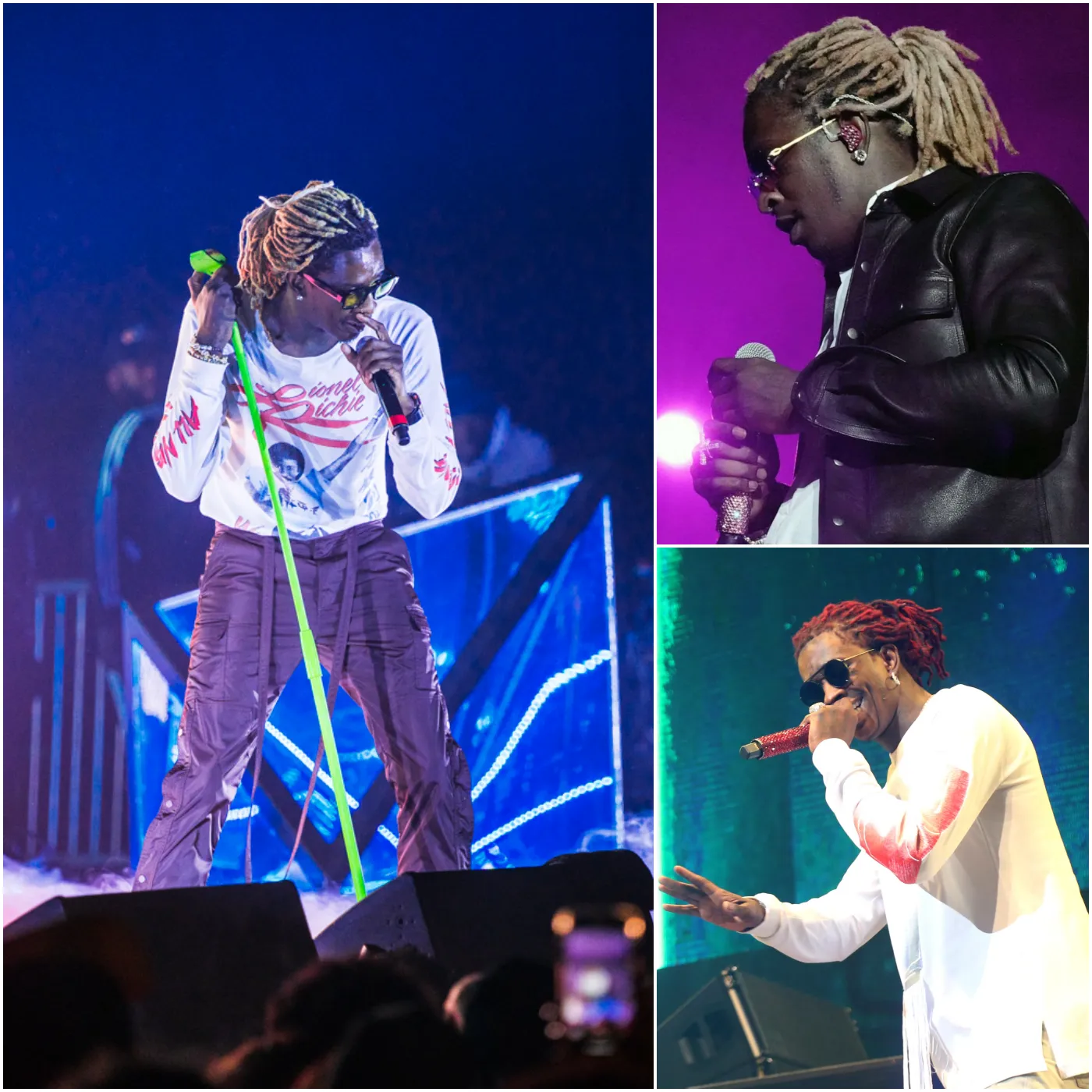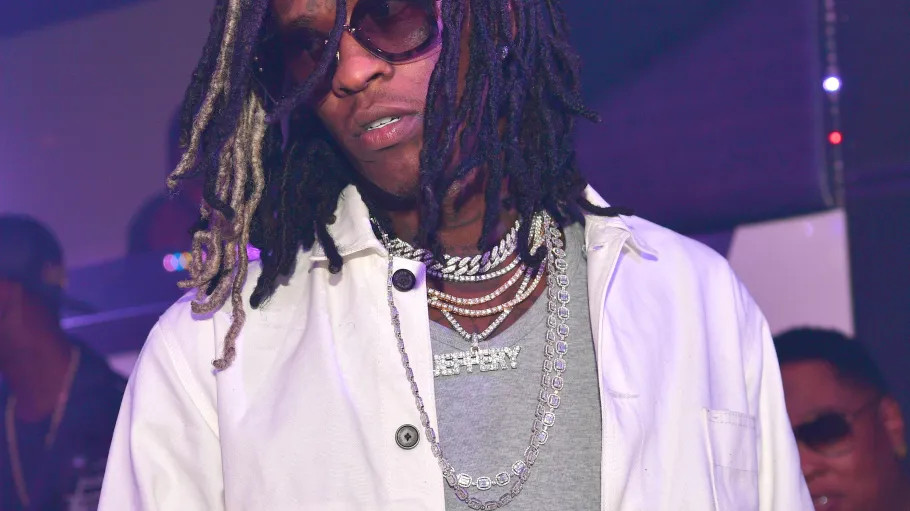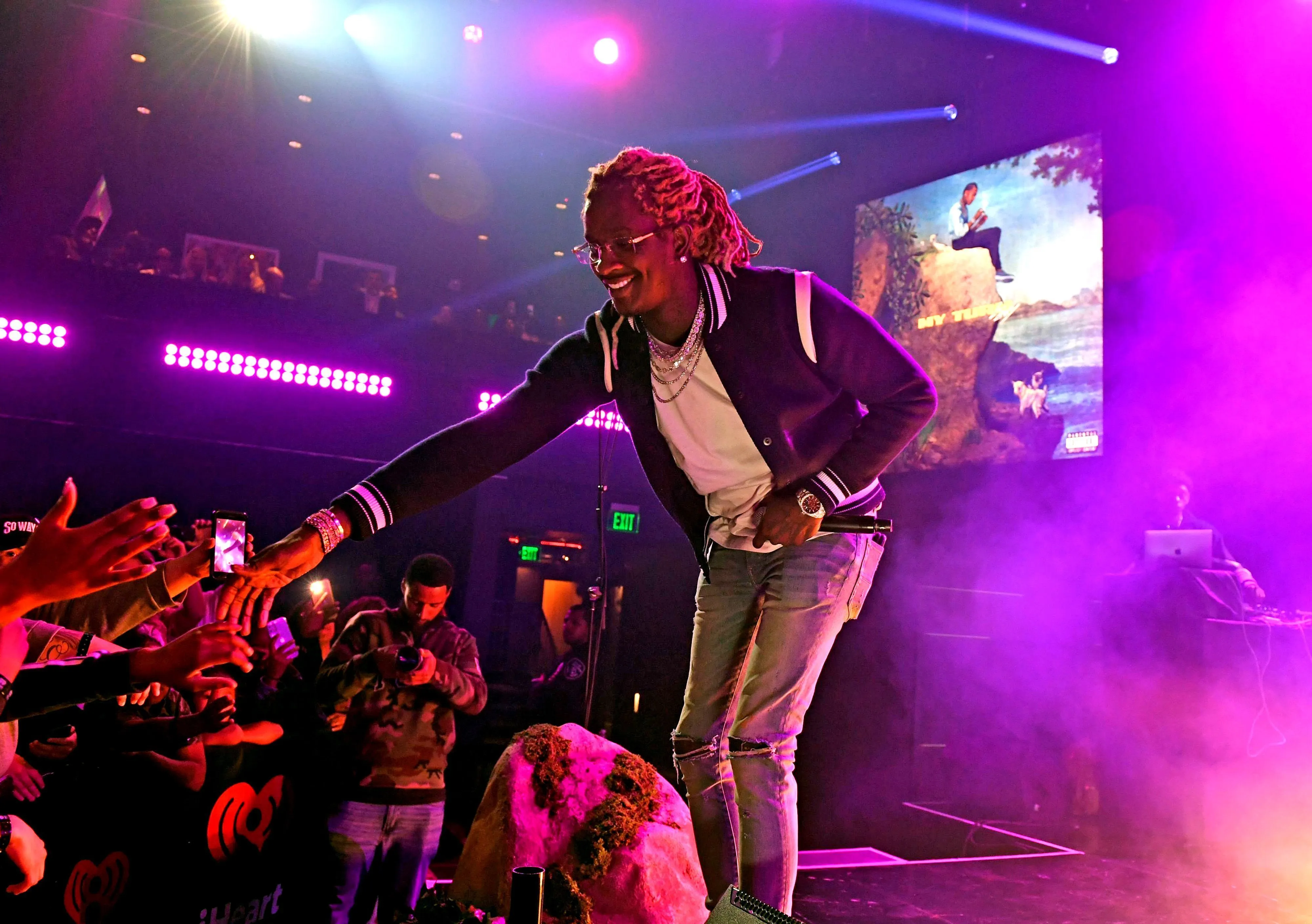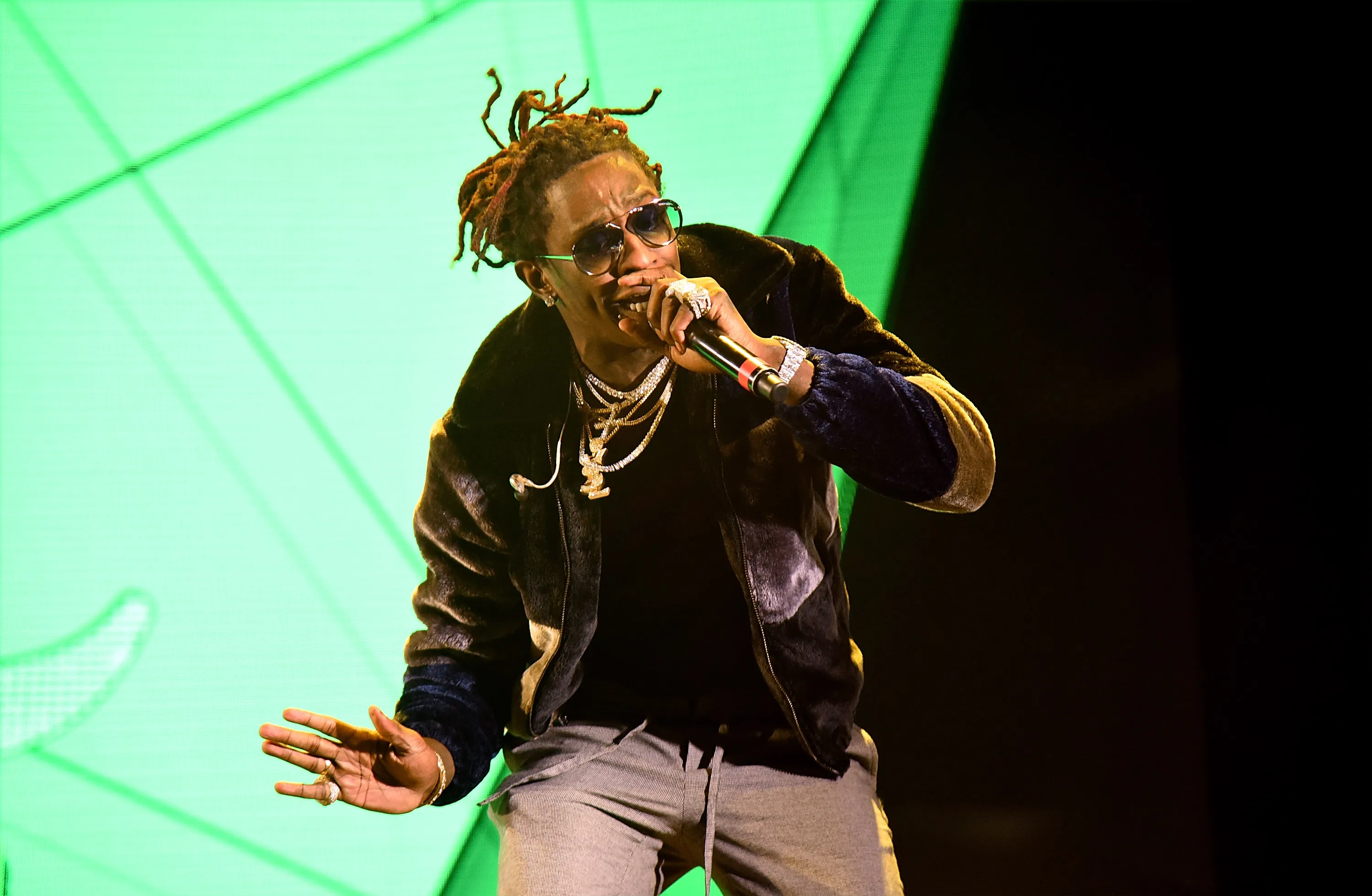

Georgia Lawmakers Push Bill to Limit Use of Rap Lyrics in Court Amid Young Thug’s Trial
A bipartisan group of state lawmakers in Georgia has introduced a new bill aimed at restricting prosecutors from using song lyrics as evidence in criminal trials.
A Response to the Young Thug Trial
The proposed legislation follows the high-profile racketeering trial in Fulton County involving international rap superstar Young Thug and the alleged Young Slime Life (YSL) gang.

Although Young Thug (real name Jeffery Williams) and his co-defendants either pleaded guilty or were eventually acquitted in Georgia’s longest-running criminal trial, Fulton County District Attorney Fani Willis and her office sought to use rap lyrics as evidence to link them to criminal activities.
“If you decide to confess your crimes over a beat, I will use it,” Willis stated over two years ago. “I’m not targeting anyone. You cannot commit crimes in my county, then decide to brag about it in a way that intimidates others and expect no consequences.”
Willis further defended her stance by arguing, “I believe in the First Amendment. It is one of our most precious rights. However, the First Amendment does not protect people from prosecutors using lyrics as evidence if they serve as admissions of crime.”
The House Bill 237 Proposal
The bill, House Bill 237, was introduced by State Representatives Kasey Carpenter (R-Dalton), Trey Kelley (R-Cedartown), Eric Bell (D-Jonesboro), Tyler Paul Smith (R-Bremen), and Spencer Frye (D-Athens) on Wednesday. Carpenter currently serves as chair of the House Creative Arts and Entertainment Committee.
The primary goal of the bill is to make it more difficult for prosecutors to use an artist’s creative works against them in court.
In 2022, Fulton County prosecutors cited Young Thug’s lyrics referencing drugs and violence as evidence of “overt acts in furtherance of conspiracy” under the state’s RICO statutes.
However, defense attorneys strongly objected, arguing that Williams’ lyrics had no direct connection to the alleged crimes and that presenting them as evidence would bias the jury and compromise a fair trial.
Despite these arguments, Judge Ural Glanville of the Fulton County Superior Court initially ruled that some of Williams‘ lyrics could be admitted as evidence.
National Push for Legislative Change

The issue of rap lyrics in court has long been a controversial topic.
U.S. Representative Hank Johnson (D-Georgia) has consistently advocated against the unfair use of rap lyrics in trials targeting musicians. During the 118th Congress, Johnson and then-U.S. Representative Jamaal Bowman (D-New York) reintroduced the Restoring Artistic Protection Act (RAP Act) to combat the misuse of creative expression in legal proceedings.
Since then, Bowman lost his re-election bid, but similar legislation has been introduced in multiple states. These laws would require prosecutors to prove that lyrics are not symbolic, exaggerated, or entirely fictional before admitting them as evidence.
“Black history is under attack, Black culture is under attack, and rap music is under attack,” Johnson declared when introducing the bill.
A History of Bias in the Legal System
The RAP Act aims to introduce a new presumption into federal rules of evidence, limiting the admissibility of an artist’s creative works in court.

A study conducted by University of Georgia law professor Andrea Dennis, co-author of the 2019 book “Rap on Trial: Race, Lyrics, and Guilt in America, found that since the late 1980s, lyrics have been used as evidence in approximately 500 criminal cases.
Critics argue that this practice disproportionately affects Black defendants and has led to unjust incarcerations. Dennis and other legal experts believe that using rap lyrics in court perpetuates racial bias and violates the artistic freedom of hip-hop musicians.
As the debate continues, Georgia’s proposed legislation could mark a turning point in how courts handle artistic expression in the criminal justice system.


















